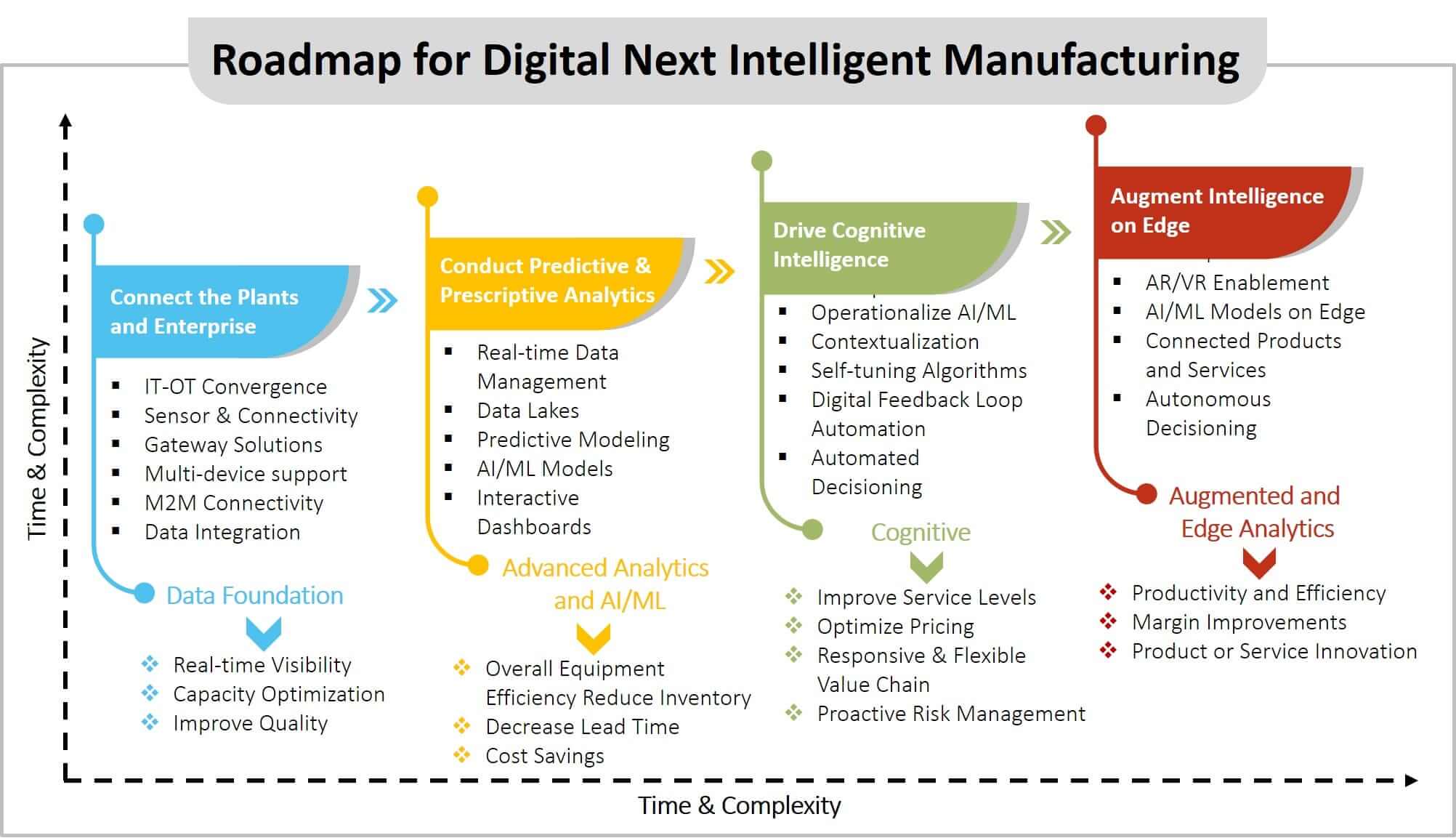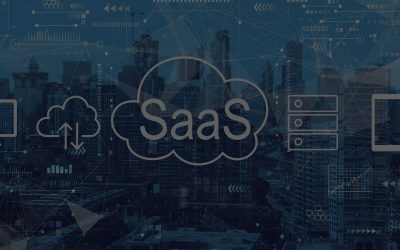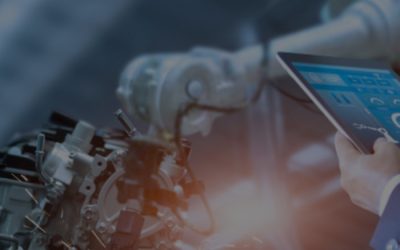Digital Next Manufacturing Powered by Platforms of Intelligence
A disruption like no other. COVID 19 unfolded the unthinkable. The manufacturing sector is the worst-hit sector during the pandemic. Factories were shut down, supply chains were clogged, product innovations were put on hold. More than 80% of manufacturers in the US expressed apprehension of adverse financial impact, while 53% were worried over disruption in operations. How do we future proof manufacturing – make it agile, resilient, predictive, efficient, and autonomous?
Intelligent manufacturing, leveraging advanced technologies for end-to-end digitization and automation could be the answer. Let us delve deeper.
Siloed Data Ecosystems, Lack of Real-time Visibility and Reactive Approach Hinder Efficiency
A large number of manufacturing units run on aging equipment causing 45% unscheduled downtime. Operations are disrupted in factories as asset health is not regularly monitored. Maintenance of equipment becomes a major challenge and 80% of the time production managers and factory staff are fixing issues after the damage is done. The ability to proactively apprehend and resolve incidents is limited, leading one in three manufacturers to spend more than 10% of their operating budget on maintenance alone. At the enterprise level visibility on plant health, operating processes, and floor level performance is hindered with siloed data and access to actionable reports, on time. This creates an environment of vulnerability, posing challenges in meeting safety and regulatory compliance requirements. The end result is sub-optimal productivity and sub-par performance impacting the bottom line.
Intelligence Powered Digital Next Manufacturing Accelerates Growth and Amplify Outcomes
The manufacturing sector has the opportunity to reinvent their production and supply chain, augment the workforce, and drive deeper engagement with their customers with advanced technology adoption. The ability to harmonize, analyze, and drive real-time insights from multiple data streams define the strength of a digital enterprise. No wonder, more than 50% of manufacturers are keen to invest in building Big Data capabilities. The need for real-time inline quality control and visibility into the end-to-end process is driving 80% of technology leaders in the sector to increase investments in digitization, Artificial Intelligence, and Advanced Analytics.
Cognitive supply chain and operations with AI-based advanced planning and automation improves the ability to pre-empt issues, sense the operational challenges to respond with agility and speed. This removes vulnerability from systems and improves the health of assets by over 40%, saving huge maintenance costs and reducing unplanned downtime by almost 50%.
Companies improve the bottom line with a 5-10% reduction in operating cost and increased earnings by up to 10%. The advantages are obvious, the question is how do manufacturers accelerate their journey to digital next future?
Roadmap to Digital Next Manufacturing
As manufacturers embrace emerging technologies the focus must remain on creating a definitive roadmap to achieve desired goals. Here is an incremental approach, that equips technology leaders to chart a sustained path to digital enablement:
 Roadmap for Digital Next Intelligent Manufacturing
Roadmap for Digital Next Intelligent Manufacturing
Connect Plant and Enterprise – A strong data foundation built on IT-OT convergence and integration across multiple data streams forms the bedrock of a connected organization. Implementing gateway solutions that provide multi-device support and build a machine to machine (M2M) connectivity enable real-time visibility, optimize capacity, and improve the quality of the output.
Conduct Prescriptive and Predictive Analytics – Once the organizations gain the ability to harness data, they are enabled to leverage AI, ML, and advanced analytics to build predictive models and interactive dashboards. Real-time data management and AI/ML algorithms provide prescriptive analytics to improve overall equipment efficiency and reduce inventory. As they decrease the lead time for procurement there are substantial cost savings, equipping business leaders to optimize their budget.
Drive Cognitive Intelligence – As manufacturers operationalize self-tuning AI/ML algorithms at the enterprise level, they gain the ability to contextualize intelligence. Processes are automated with a digital feedback loop and systems are equipped to take decisions with scripted algorithms. These advanced cognitive capabilities pave way for a responsive and flexible value chain and proactive risk management.
Augment Intelligence on Edge – Building on cognitive technologies, CIOs can adopt edge computing and advanced AI/ML modeling to connect products and services. The strength of their ML algorithms will create an ecosystem for autonomous decision making to keep the assets performing at peak. Augmented and Virtual Reality (AR/VR) adoption can bring them closer to floor level operations and create opportunities for product innovation. The technology prowess ultimately translates to enhanced productivity and efficiency, leading to improved margins.
Manufacturing Platforms of Intelligence
Under our manufacturing platforms of intelligence, we offer Factory, Supply Chain, and Product Intelligence to equip manufacturers to build digital next manufacturing organizations that are cost-efficient, high performing, and more profitable. We can work with you to explore the use cases and assess the readiness with us through a discovery workshop and demonstrate value with a pilot MVP for a use case in 3 months.
ITC Infotech has been supporting manufacturers to gain streamline operations and gain a competitive advantage with Platforms of Intelligence. Our pedigree in CPG and manufacturing comes from our expertise and experience with our parent group ITC. We bring the advantages of Cloud, Big Data, Advanced Analytics, AI/ML, and Augmented Reality on a single platform, we accelerate the journey fully connected ecosystem. We leverage our various strategic partners like Microsoft, PTC ThingWorx, Anaplan, and Salesforce.
To know more, write to us.
Authors:
Amit Tulshiram Derkar
Senior Manager, DX Offerings & GTM
References











